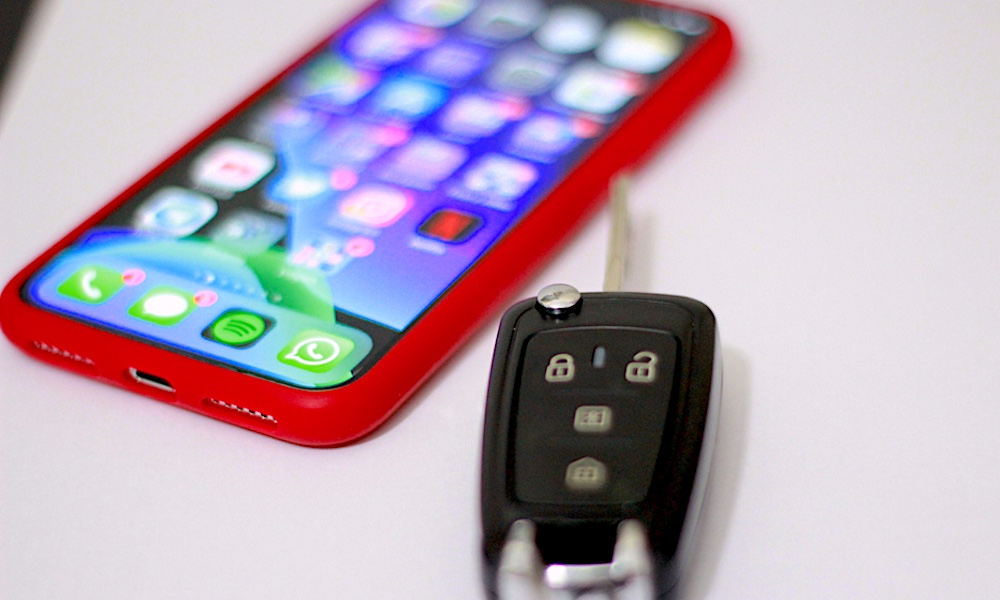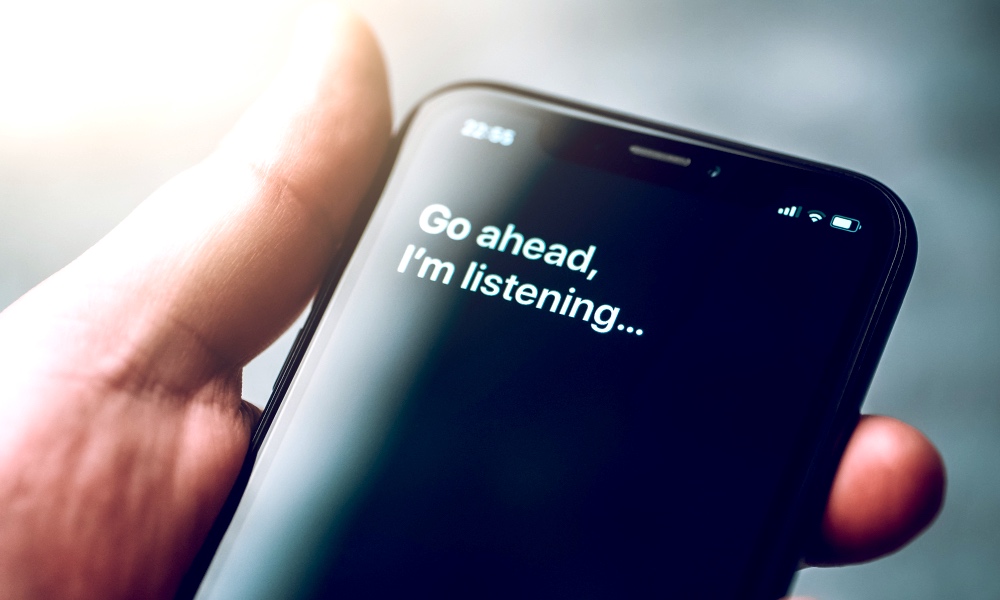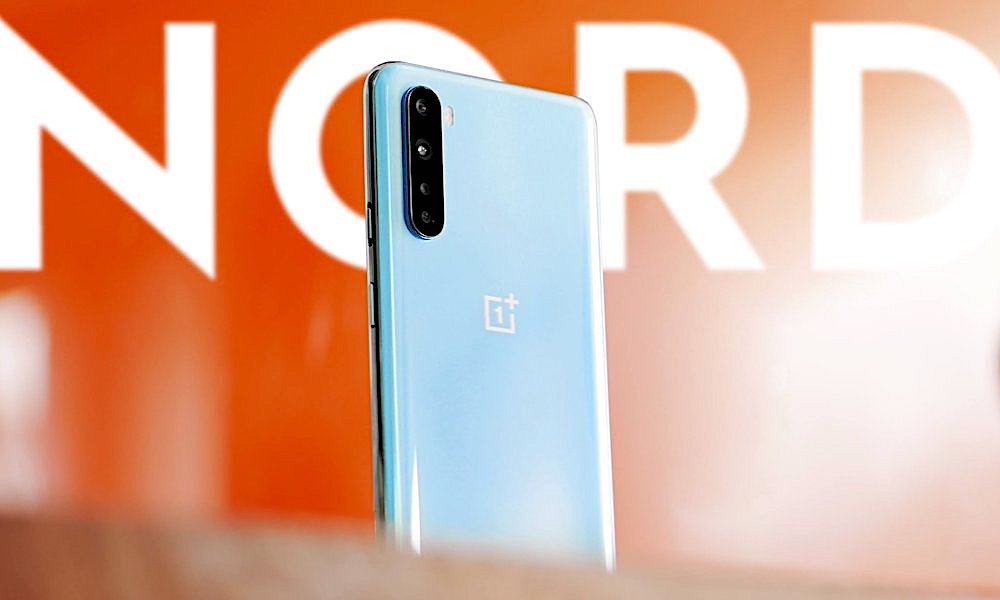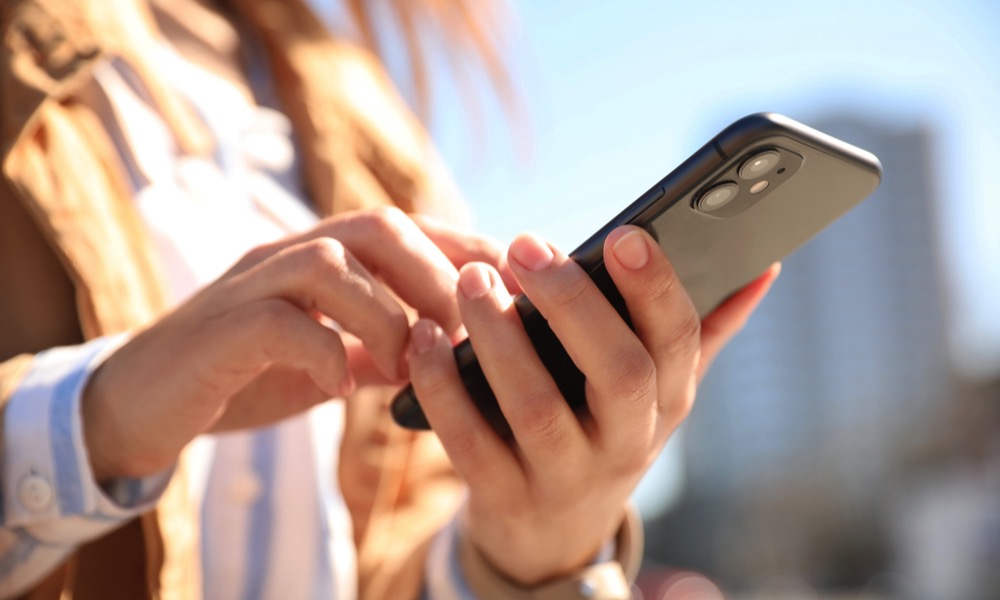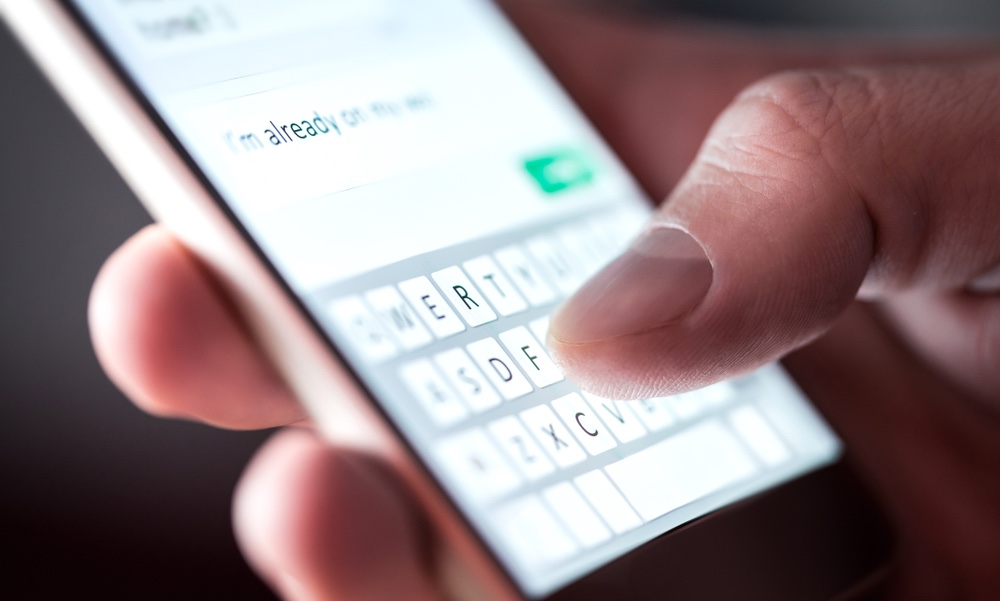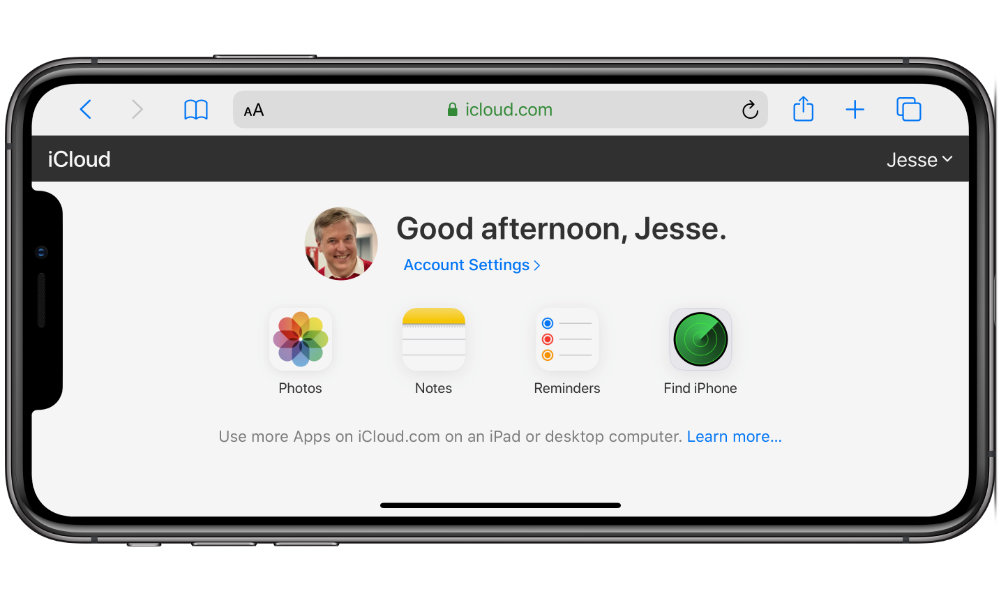6 Surprising Things Your Phone Is Tracking Right Now
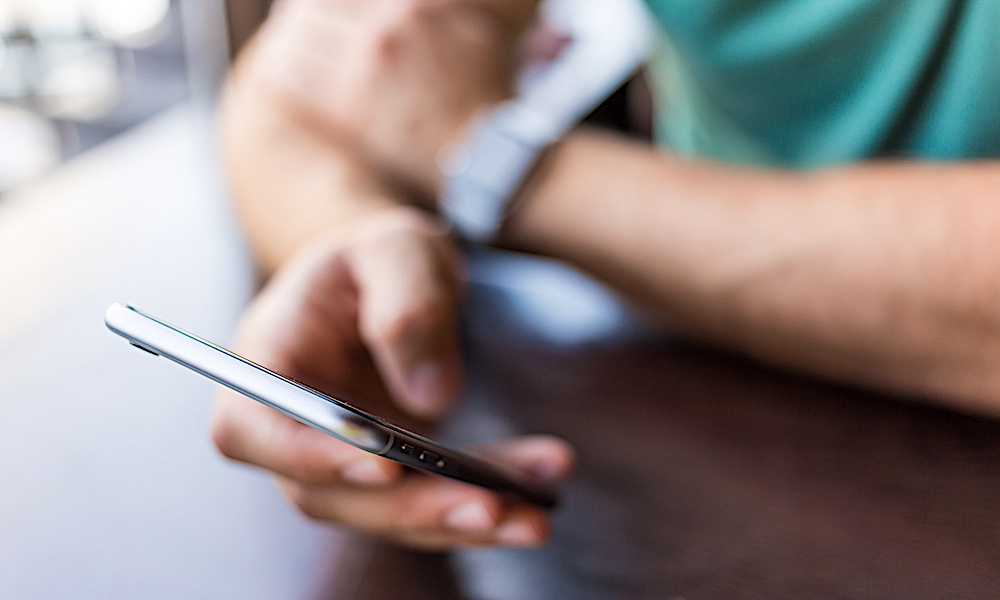 Credit: 1stockphotopro / Shutterstock
Credit: 1stockphotopro / Shutterstock
Over the last few years, smartphone creators have made clear efforts to improve privacy and discourage some of the more blatant tracking attempts (not always successfully, as LinkedIn users recently found out).
But behind the scenes, your smartphone is also tracking more subtle things to gather information on how users behave – and it’s important to keep track of this data yourself, so you know what’s being watched (and if you can stop it).
Continue reading to learn about the most personal details that phones track, often without you knowing it, and if there’s anything you can do about it.
How Fast You’re Driving
Have you ever wondered how Apple’s navigation services know approximately how long it will take you to reach your destination? Coupled with traffic data, it's using the many sensors in your iPhone to calculate how fast you're driving.
More advanced applications can even tell how fast you accelerate (it’s called an accelerometer for a reason) or how sharply you brake.
The next obvious question is, “Wait, can my insurance company access that information?” Well, frequently they don’t need to, because they can access your car’s own tracking data via your car’s computer, OnStar services, and so on. But yet – if you have an insurance company app downloaded to your phone, that app is almost certainly collecting data about how you drive every time you are in the car.
All Siri Commands
Apple basically keeps track of everything you’ve ever said to Siri. Right in the license agreement that some of you read, Apple let everyone know that the company studies Siri data to understand users and improve how Siri performs.
Apple isn’t alone in this – other voice assistants like Alexa also store conversations you’ve had for later analysis. However, conversations are not linked to your personal information, so when they are analyzed no one really knows where the conversation came from. However, they still have your voice on file with all the things you’ve said, and if you find that disturbing, there is a way to delete your Siri history.
Unfortunately, unlike Alexa, you can’t set Siri to autodelete history after a certain time – but we’re hopeful for that feature in the future.
Passcodes and Passwords
Some smartphone creators, like OnePlus, really do collect your passcodes or passwords and have even gotten in trouble for it. Their excuse is that they want to collect data on how customers behave, like how often they are unlocking their phones or how often they are setting passwords. As excuses go, it’s not great, and customers were understandably displeased.
While Apple doesn’t mention if it uses your passcode activity or not, the company does make it clear that it neither collects nor stores biometric info like your face or fingerprint, and even iOS can’t technically access that data once it's created.
Everywhere You Go
By now, most smartphone users know their iPhones track GPS data. You can visit Settings and disable location-based tracking whenever you'd like (which also helps save battery life), although you'll need to enable location data for apps like Uber so they can function.
However, behind the scenes, Apple is paying even closer attention than third-party apps with something called Significant Locations.
Basically, Apple is always watching where your phone is, and knows the spots you frequent most often – home, work, parks, cafes, bars, venues, and anything else. Apple uses this info to intelligently suggest destinations in Apple Maps, but if you are uncomfortable with that you can turn Significant Locations off.
Text Message Data
Basically,
Apple – and other companies – store text messages so they can make sure they
were sent properly, and allow you to resend them if something goes wrong. So
far, so good, but the company is very quiet about how it stores these texts,
and how long they are actually kept before being deleted.
Even more disturbing, there is clear evidence that Apple keeps track of when you message someone, who you messaged, and if you call someone on FaceTime. There is apparently no way to stop or block this type of tracking, except to use another messaging service (which, of course, involves its own risks). Although Apple has proven that it takes user data privacy very seriously.
Interactions with iCloud
While Apple does not appear to track what you actually do in iCloud, it certainly knows when you are using the service. That includes every time you download data from iCloud (access a photo, download contacts, etc.), and every time you (or an app) uses the email account your iCloud service is connected to. This is all about studying the frequency of use for the service, one of the most common types of mobile data for any app to collect, and something that is unlikely to change in the foreseeable future.

